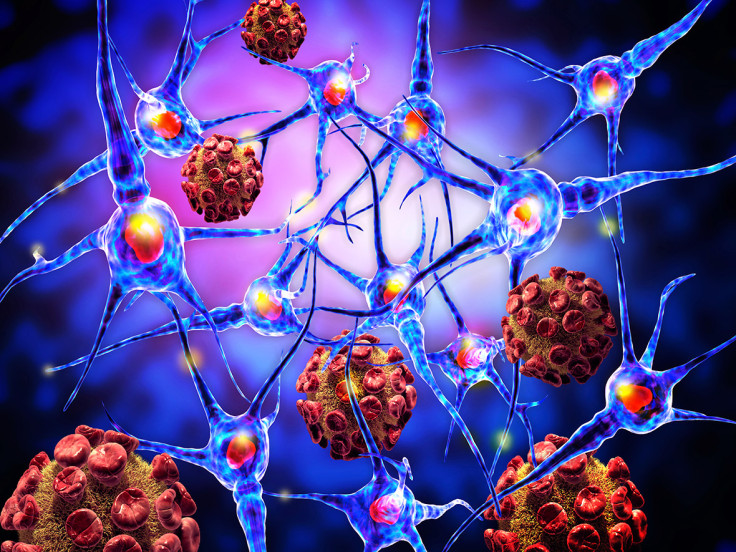MS: Experimental drug holds promise for repairing nerve damage in multiple sclerosis

An experimental drug has been found to repair nerve damage in people suffering from multiple sclerosis.
A Phase-2 study of the experimental antibody anti-LINGO-1 tested the drug or a placebo on 82 people suffering from acute optic neuritis, a disease that normally affects one eye and is characterised by inflammation, damage to nerve fibres and loss of myelin within the optic nerve.
It is thought that about half of all people with optic neuritis will go on to develop MS.
MS is characterised by damage to the myelin sheath – the protective covering that surrounds the nerves of the central nervous system.
Researchers from Biogen in Cambridge, Massachusetts, presented their findings at the American Academy of Neurology's 67th Annual Meeting in Washington, DC.
Lead author Diego Cadavid, said: "This study, for the first time, provides biological evidence of repair of damaged myelin in the human brain, and advances the field of neuro-reparative therapies."
In the study, all participants were treated with high dose steroids then half were chosen to receive anti-LINGO-1 while the other half received a placebo. The drug was taken once every four weeks, with six does taken in total.
Throughout the study, participants were assessed every four weeks for six months.
Researchers then assessed the drug's effectiveness by comparing the recovery of the optic nerve latency in the damaged eye in comparison with the normal unaffected eye (with measurements taken at the start of the study).
After six months, people who received the drug had improved by about 34% compared to the placebo. After eight months, this improved to 41%.
Findings also showed that 53% of the people who were given the drug had recovered to normal or nearly normal.
At present, a second study of anti-LINGO1 is taking place with people suffering MS. "More studies are needed to evaluate whether these changes lead to clinical improvement," Cadavid said.
© Copyright IBTimes 2024. All rights reserved.






